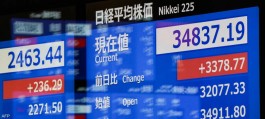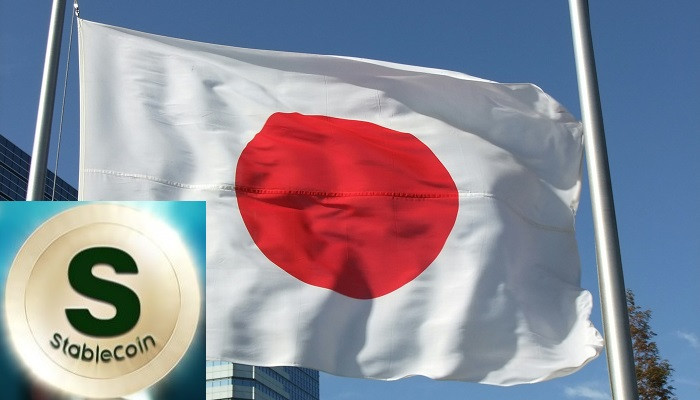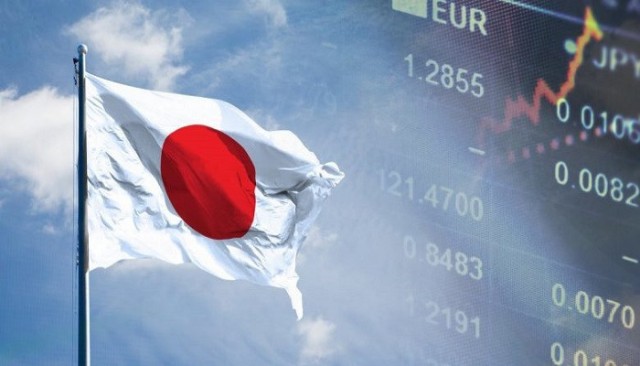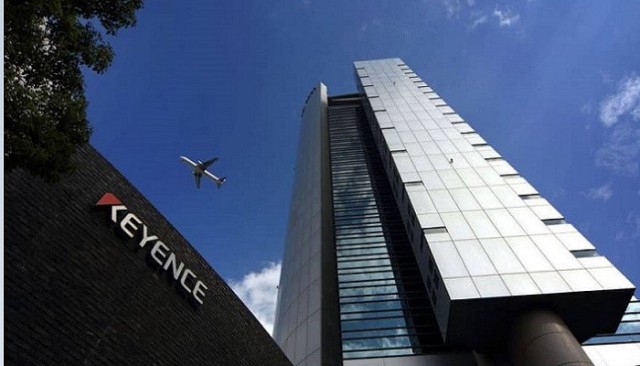Japan is moving forward with legislation related to the issuance of stablecoins, i.e. digital assets with their value pegged to fiat or stablecoins by an algorithm.
The Japanese parliament passed a bill last Friday to ban the issuance of stablecoins by non-bank institutions, local news agency Nikkei reported.
The bill is said to stipulate that stablecoin issuance is restricted to authorized banks, registered money transfer agents and trust companies in Japan.
The new legislation also introduces a registry system for financial institutions to issue such digital assets and provides measures against money laundering.
According to the report, the bill aims to protect investors and the financial system from risks associated with the rapid adoption of stablecoins, which has seen its market soar to 20 trillion yen, or more than 150 billion dollars.
The new legal framework is said to come into force in 2023, as the Japan Financial Services Agency plans to introduce regulations for stablecoin issuers in the coming months.
Japan's stablecoin bill comes on the heels of a massive downturn in cryptocurrency markets due to the Terra token crash, with the algorithmic stablecoin TerraUSD (UST) losing ground. Its peg value was 1:1 against the dollar in early May.
But the stablecoin market turmoil wasn't exclusive to Terra Blockchain, as other algorithmic stablecoins like DEI also lost their peg to the dollar, dropping to $0.4 in late May .









































